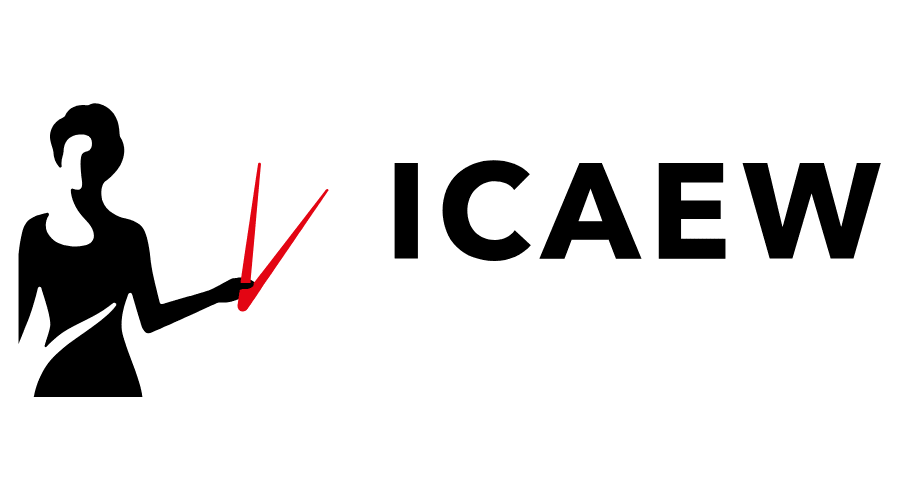The workplace environment is evolving at a rapid pace due to the influences of globalisation, the changing demographics of the workplace and the rise of technology. These changes call for a new set of skills across the organisation - skills which will be fundamental to achieving long-term business success.
In addition, the current skills shortages and leadership crunch is only going to get worse in the next few years as a growing number of leaders and people in critical specialist positions reach retirement age.
The problem is that, as a result of the economic downturn, many organisations continue to be focused on how best to get by at the expense of investing for the longer term. Indeed, recent research by analyst Bersin & Associates shows the top business challenge for 2012 is reducing operating costs, cited by 42% of organisations surveyed.
Without doubt, HR will have to continue to weather the storm with budgets stretched to their limits. However, those who only focus on the present and do not invest for the long-term, are taking a significant risk given that the next generation of skills need to come from those nurtured from within the organisation.
The right people, with the right skills, in the right roles at the right time, will differentiate your organisation in the coming years. So how do you begin to solve this challenge?
The first step of the journey is to get buy-in from the board so that you have a deep understanding of your organisation's long-term business strategy and goals.
You need to think about what your organisation might look like in five or ten years' time. What is shaping and defining the industry you operate in? What key challenges lie ahead? And what skills are going to be crucial tomorrow in order to thrive? If you are going to grow from within and build a business that is adaptable, agile and enduring, then you need to be able to identify and close those long-term skills gaps.
Success in the future hinges on understanding the aspirations and needs of new talent coming into the workplace and how these individuals need to be stretched and developed to become the leaders of tomorrow. Today's talent management strategies must include clearly defined career ladders and milestones to measure progression. They must also harness the enthusiasm for developing new skills that Generation Y brings to the workplace, and be aligned with what is believed to be the key skills required for the future success of the organisation.
Globalisation, the rise of technology in particular social networking, and the changing demographics of the workplace are all closely linked to the issue of multiculturalism, and the need to manage and lead diverse teams. Talent mobility delivers a number of benefits here for both the individual and the business. Moving people from role to role can help to improve their multicultural skills, perhaps through an assignment overseas. It can help the business to expand into new markets or regions and provide opportunities for career progression, which in turn, will help to future-proof the business.
While there is no crystal ball for HR, technology has a valuable role to play in helping organisations prepare for and manage future growth. Today's systems that bring together talent management, succession planning, learning and performance, provide an empowering set of tools to help identify, evaluate, develop, reward and retain key talent and to plan for and close those long-term skills gaps.
So while it is certainly prudent to focus on containing costs in the short-term, we must ensure we don't lose sight of the business's vision for the future. Investing in long-term growth should always be front of mind.
As the Chinese proverb says: If your vision is for a year, plant wheat. If your vision is for a decade, plant trees. If your vision is for a lifetime, plant people.
Rob Caul (pictured) is CEO of e2train and 81Boxes, providers of learning, performance, talent management and succession planning technologies










